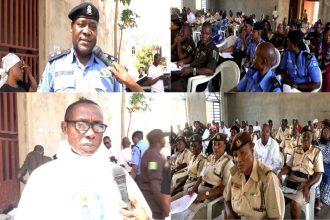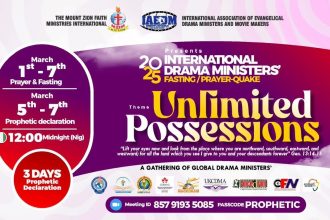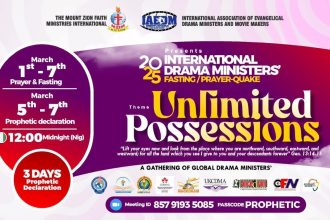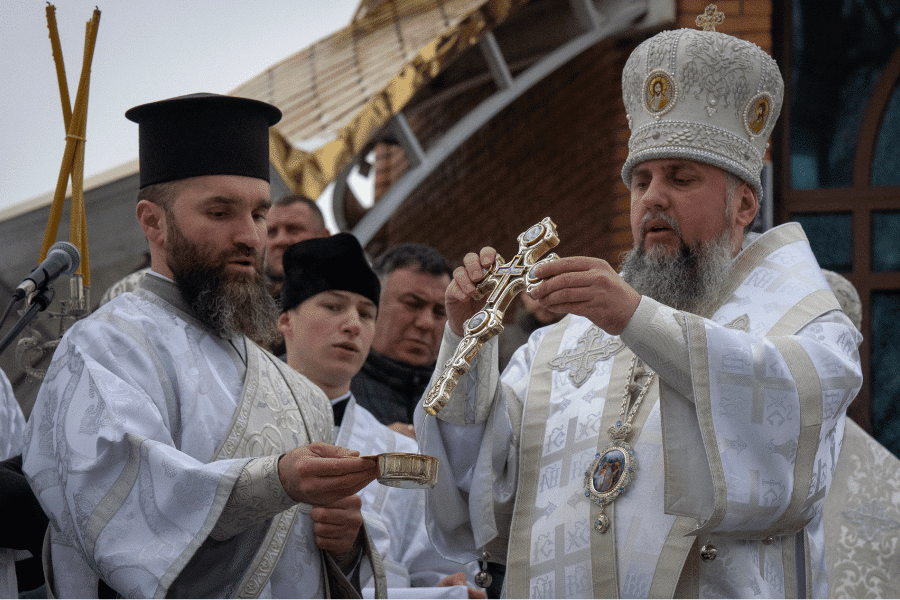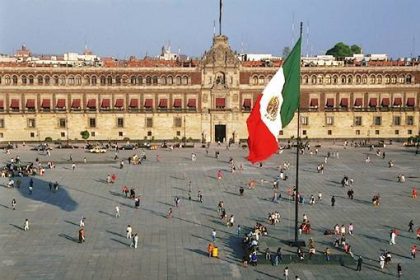Services for the new church are often held in the old pro-Moscow house of prayer, sometimes even with the same priests as before if they’ve changed loyalties. Just a few details give the liturgy a Ukrainian accent rather than a Russian one.
Here’s where it becomes complicated. Some influential Christians abroad have problems with Kyiv’s solution. The Geneva-based World Council of Churches, which unites Protestant and Orthodox churches, has said it was “deeply alarmed by the potential for unjustified collective punishment of an entire religious community and violation of the principles of freedom of religion or belief.”
World leaders take sides.
The Roman Catholic Church, which has just over half of all the world’s Christians, was also opposed.
“Let those who want to pray be allowed to pray in what they consider their church,” Pope Francis said during a Sunday Angelus. “Please, let no Christian church be abolished directly or indirectly. Churches are not to be touched!”
A senior United Nations human rights official late last year found evidence that violence between parishioners of the rival churches has increased since the 2022 invasion.
Ecumenical Patriarch Bartholomew, who is based in Istanbul, is nominally the worldwide leader of the Orthodox Church and has always shown strong support for Kyiv. So in turn, do the patriarchs — or leaders — from Greece, Alexandria in Egypt and the Church of Cyprus.
But he faces opposition from the Russian Orthodox Church, which has a larger membership around the world. It is also a sworn ally of President Vladimir Putin and enjoys active Kremlin support.
A church splits in two.
The Russian Church broke with the Ecumenical Patriarchate for declaring the Ukrainian Church independent in early 2019. It has also rejected Kyiv’s new law. Several pro-Moscow patriarchs have joined in criticizing the law.
Under increasing pressure, the Moscow-leaning Ukrainian church publicly announced a split with Moscow after the 2022 invasion, but stayed under the Russian Orthodox Church. Since then, more than 50 of its clergy, including a bishop, are under investigation for treason and collaboration, according to the Security Service of Ukraine.
If this drama sounds complicated, it is. And it is hardly known outside the Orthodox world. Many western journalists think religion has little or no place in political reporting. Faiths are complicated movements irrelevant to their main subjects. If they do consider it, the freedom to believe is often the domain either of international do-gooders or small pressure groups.
This could change soon depending on who wins the U.S. presidential election, as the religious freedom issue could help to discredit Ukraine and cut Washington’s support. Former president Donald Trump says little about it, but those around him are preparing for a fight should he win back the White House.
His vice-presidential candidate, Ohio Senator J.D. Vance, has suggested that aid to Ukraine be linked to religious freedom. Speaking of military aid early this year in an interview with the Wall Street Journal, he said: “It would be good if the recipient of the aid was a little bit more careful of human rights, including religious liberties.”
Ukraine and the U.S. election
Vance cited news reports of priests investigated, church assets seized and priests arrested. Another Republican senator, Rand Paul of the U.S. state of Kentucky, also expressed concern of attacks against churches and priests in Ukraine. Former Fox News star Tucker Carlson chimed in with the same.
Lobbyists for a Russian oligarch are pressing U.S. legislators to tie further Ukrainian aid to support for the Moscow-leaning church, according to a rare Washington Post article on the issue. It said about a third of Republican members of Congress are reportedly concerned about religious persecution in Ukraine.
The movement has also gone international. According to a report in London’s The Independent newspaper, a senior abbot of the Russian church has pleaded for British help. London is a major source of military aid to Kyiv.
With their focus on the war in Ukraine, many news outlets are overlooking this possible way to cut the aid that keeps Kyiv going. The United States officially defends religious freedom.
Many voters are faith-oriented, especially evangelicals. A law restricting one church in favor of another is a prime case for criticizing Ukraine and its fading darling president. The political issues facing Orthodox Christianity are tearing it apart. How Ukraine fares will depend on its ability to shape the story the media tells.

